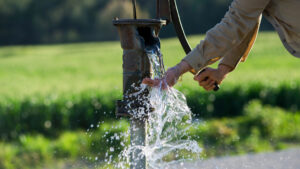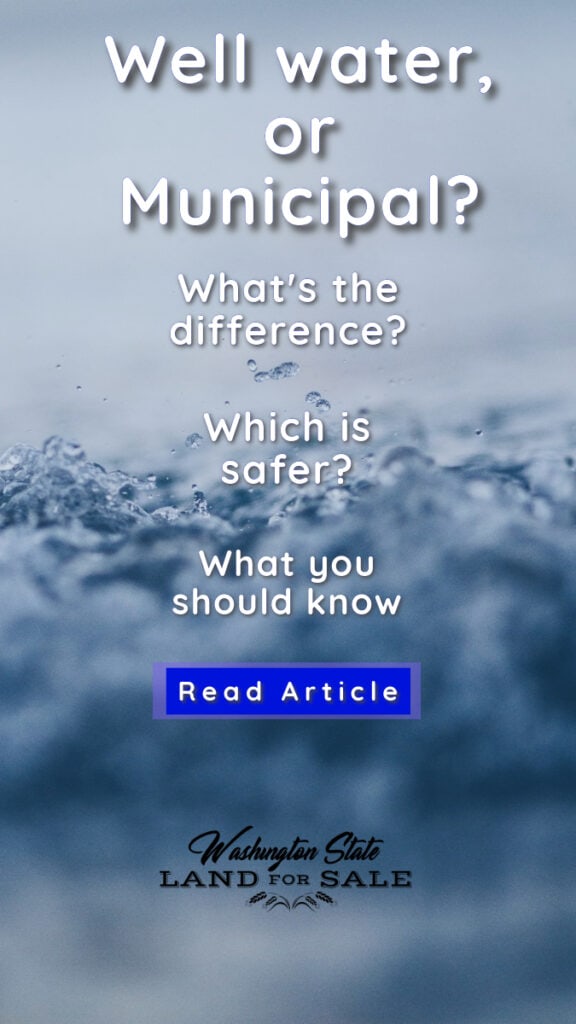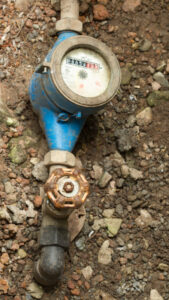 When it comes to water sources for residential and agricultural use, two primary options often come to mind: well water and municipal water. Each option comes with its own set of advantages and disadvantages, catering to different needs and preferences. Let’s delve into the pros and cons of both:
When it comes to water sources for residential and agricultural use, two primary options often come to mind: well water and municipal water. Each option comes with its own set of advantages and disadvantages, catering to different needs and preferences. Let’s delve into the pros and cons of both:
Well Water:
Pros:
- Independence: Well water provides independence from municipal water systems. Property owners with wells have control over their water supply, which can be especially advantageous in rural areas where municipal water may not be available.
- Quality Control: Since well water is sourced directly from underground aquifers, it often has fewer additives and treatments compared to municipal water. Some people prefer the taste of well water, finding it fresher and more natural.
- Cost Savings: While the initial cost of drilling a well can be significant, over time, well water can be more cost-effective than paying monthly water bills to a municipality. There are no recurring fees for water usage, and maintenance costs are generally lower.
- Consistency: Well water supply is generally consistent, regardless of external factors such as power outages or municipal infrastructure issues. Property owners can rely on their well and gravity-fed reservoir for a steady water supply.
Cons:
- Initial Cost: The upfront cost of drilling a well can be prohibitive for some property owners. Factors such as geological conditions, well depth, and equipment requirements can significantly impact the cost of installation.
- Water Quality Concerns: While well water is often perceived as natural and clean, it can be susceptible to contamination from various sources, including agricultural runoff, septic systems, and industrial activities. Regular testing and treatment may be necessary to ensure water safety in some areas.
- Maintenance Responsibility: Property owners are responsible for maintaining their wells, including periodic inspections, testing, and any necessary repairs. Neglecting maintenance can lead to water quality issues and costly repairs down the line.
- Limited Accessibility: In some areas, groundwater resources may be limited, making it challenging or costly to drill a well. Property owners must assess groundwater availability and potential legal restrictions before investing in a well.
Municipal Water:
Pros:
- Reliability: Municipal water systems are typically well-established and reliable, providing consistent water quality and supply to residents. They are equipped to handle fluctuations in demand and emergencies, ensuring uninterrupted service.
- Regulatory Oversight: Municipal water supplies are subject to stringent regulatory standards and testing requirements to ensure water safety. Water treatment facilities remove impurities and contaminants, providing reassurance regarding water quality.
- Convenience: Municipal water users enjoy the convenience of a centralized water supply, eliminating the need for individual wells, pumps, and maintenance. Water bills are typically predictable and may include additional services such as wastewater treatment.
- Infrastructure Benefits: Municipal water systems often come with additional infrastructure benefits, such as fire hydrants, public water fountains, and recreational facilities. They also support economic development by providing essential services to businesses and industries.
Cons:
- Dependency: Municipal water users are dependent on the infrastructure and policies of the local water utility. Service disruptions, water quality issues, or rate hikes may occur without direct control or input from users.
- Cost: While municipal water users enjoy the convenience of centralized services, they must pay monthly water bills, which can vary depending on usage rates and local utility fees. Over time, these costs can add up, especially for high-volume users.
- Chlorine and Additives: Municipal water treatment often involves the use of chlorine and other additives to disinfect and treat water. Some people may find the taste or odor of treated water undesirable, prompting them to seek alternative filtration methods.
- Limited Control: Municipal water users have limited control over water quality and treatment methods. While regulatory standards ensure basic safety requirements are met, individuals may have specific preferences or concerns that are not addressed by the municipal water supply.
For more information about water access in Washington, check out these resources:
When you don’t need water rights

